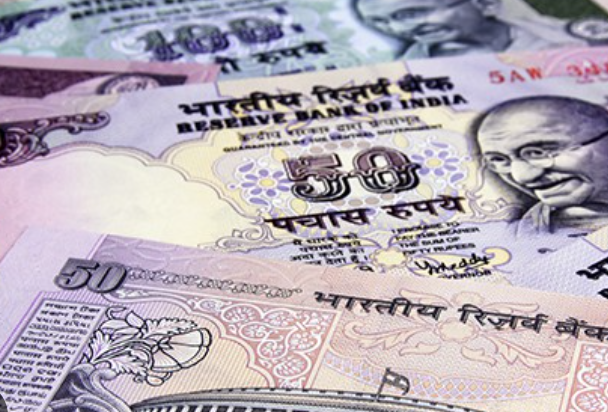$RIL.NS $ONGC.NS #EU #Sanctions #India #OilMarket #Refining #Energy #GlobalTrade #OilExports #SanctionImpact #EnergyPolicy
How Are India’s Refiners Adapting to New EU Sanctions for Strategic Advantage?
In the latest news, Indian refiners are now compelled to explore alternative markets for their petroleum products due to the European Union’s recent imposition of its 18th sanction package against Russia. The sanctions specifically target oil derivatives produced from Russian crude oil in third countries, a category that prominently includes Indian-produced fuels.
Navigating Through New Market Realities
Following the EU’s sanctions, Indian refiners such as Reliance Industries, which is the largest purchaser of Russian crude in India, are significantly affected. These companies must now pivot their strategies to compensate for the loss of the European markets. This strategic shift involves engaging with fuel traders who can facilitate access to new and emerging markets. Such collaborations will be crucial for maintaining the flow of their output amidst tightening global restrictions.
Strategic Partnerships and Market Diversification
To mitigate the impact of these sanctions, Indian refiners are not only changing their export destinations but also diversifying their production portfolios. By enhancing their refining processes and exploring opportunities in less traditional markets in Asia and Africa, these companies aim to maintain their market share and stabilize revenue streams. This move also involves a strategic enhancement of logistical partnerships and supply chain adjustments to ensure seamless market penetration and compliance with international regulations.
Leveraging Technology and Innovation
Moreover, the shift in market focus is accompanied by an increased investment in technology and innovation. Indian refiners are leveraging cutting-edge technologies to improve efficiency and reduce dependency on imports. This technological advancement extends to exploring renewable energy sources and investing in sustainable practices, aligning with global environmental expectations and contributing to long-term resilience.
The Role of Government and Policy Adjustments
The Indian government plays a pivotal role in this transitional phase by providing policy support and diplomatic engagement to open up new channels in international trade. Policies aimed at bolstering energy security and promoting export diversification are now more crucial than ever. These measures not only support the refining sector but also enhance the overall stability of India’s energy supplies.
Conclusion: A Future Geared Towards Flexibility and Innovation
The latest EU sanctions pose both a challenge and an opportunity for Indian refiners. By turning to fuel traders for market access and innovating in their operational approaches, these companies are setting a precedent for flexibility and adaptability in the global oil industry. The future will likely see a more diversified and technologically advanced Indian refining sector, poised to meet the demands of a rapidly changing global energy landscape.






Comments are closed.